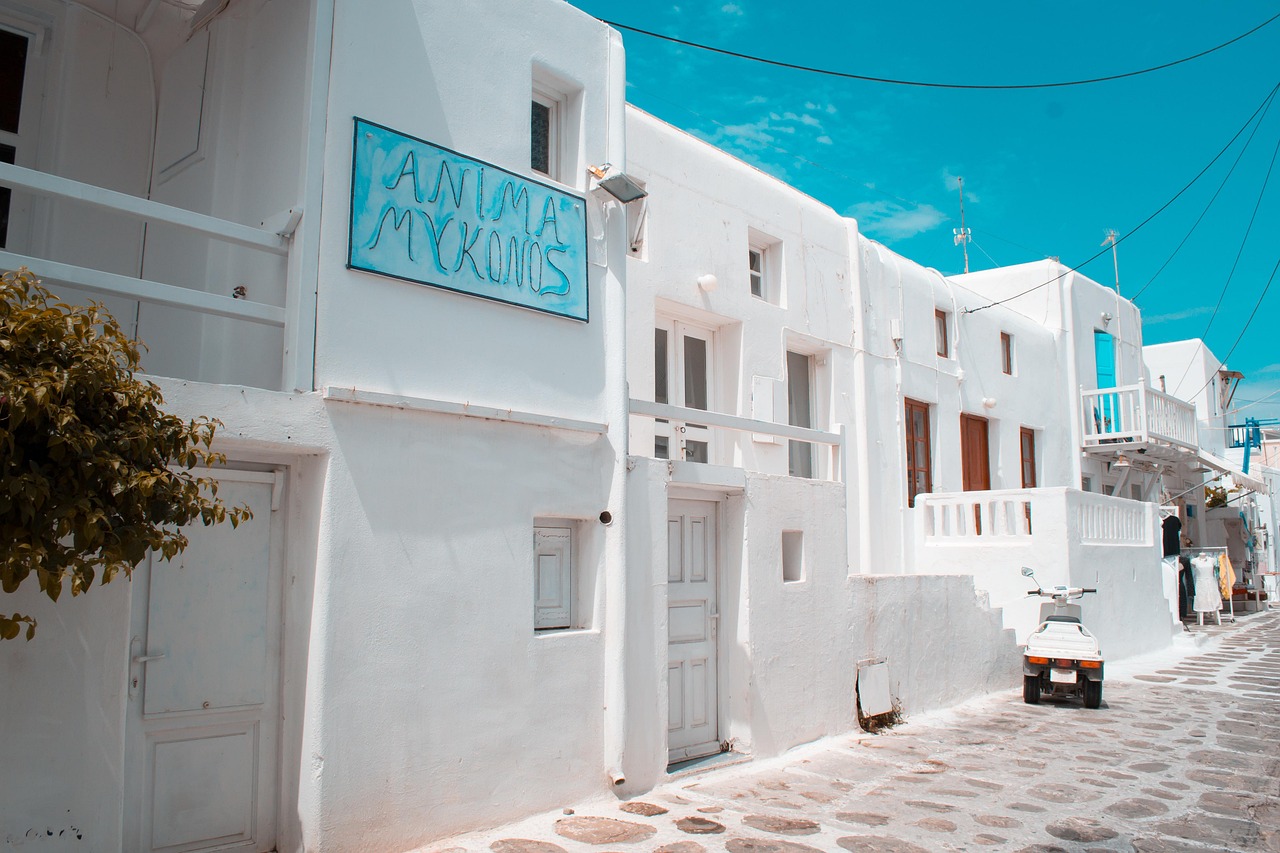Language and Communication: Overcoming Barriers in Greece
Language is a fundamental aspect of human communication, allowing us to express our thoughts, emotions, and ideas. In Greece, as in any other country, language plays a crucial role in everyday life. However, there are various barriers that can hinder effective communication, such as linguistic diversity, dialects, and cultural differences. This article will explore the challenges faced in language and communication in Greece and discuss strategies to overcome these barriers.
Language Diversity in Greece
Greece is a country with rich linguistic diversity. The official language is Greek, which is spoken by the majority of the population. However, there are also several regional dialects spoken in different parts of the country, such as Cretan, Macedonian, and Pontic. These dialects can pose challenges for communication, as they may differ significantly from the standard Greek language.
- Cretan Dialect: The Cretan dialect is spoken on the island of Crete and is known for its distinct pronunciation and vocabulary. It can be difficult for non-native speakers to understand, especially if they are only familiar with the standard Greek language.
- Macedonian Dialect: The Macedonian dialect is spoken in northern Greece and shares similarities with other Balkan languages. It has its own unique grammar and vocabulary, which can make communication challenging for non-Macedonian speakers.
- Pontic Dialect: The Pontic dialect is spoken by the Greeks of Pontus, a region in northeastern Turkey. It has its roots in ancient Greek and has evolved separately from the standard Greek language. Understanding the Pontic dialect can be difficult for non-Pontic speakers.
Overcoming Language Barriers
Despite the linguistic diversity in Greece, there are strategies that can help overcome language barriers and facilitate effective communication.
- Learning Greek: Learning the Greek language is the most effective way to overcome language barriers in Greece. By learning the standard Greek language, individuals can communicate with the majority of the population and navigate daily life more easily.
- Working with Interpreters: In situations where language barriers cannot be overcome through personal language skills, working with professional interpreters can be highly beneficial. Interpreters can facilitate communication between individuals who do not share a common language.
- Using Translation Apps: With advancements in technology, translation apps have become increasingly popular. These apps can translate spoken or written language in real-time, enabling individuals to communicate effectively without language barriers.
- Providing Multilingual Services: To cater to the diverse linguistic needs of both residents and tourists, businesses and public organizations in Greece can provide multilingual services. This includes having information available in multiple languages and employing staff who are fluent in different languages.
Greece Image 1:

Cultural Communication Differences
Aside from linguistic diversity, cultural differences can also pose challenges in communication within Greece. Each region in Greece has its own unique customs, traditions, and social norms, which can influence communication styles.
- Non-Verbal Communication: Greeks are known for their expressive non-verbal communication. Gestures, facial expressions, and body language play an important role in conveying meaning. Understanding and adapting to these non-verbal cues can improve cross-cultural communication.
- Directness vs. Indirectness: Greeks tend to be more direct in their communication style compared to other cultures. They value honesty and frankness. However, it is important to be mindful of cultural differences and adapt communication style accordingly when interacting with individuals from different cultures.
- Formality vs. Informality: Greeks generally have a relaxed and informal communication style, especially in social settings. However, in certain formal situations, such as business meetings or official events, a more formal and respectful communication approach may be expected.
Greece Image 2:

Enhancing Intercultural Communication
To enhance intercultural communication in Greece, it is important to be aware of and respect cultural differences.
- Cultural Sensitivity: Developing cultural sensitivity and awareness is essential for effective intercultural communication. Being open-minded, respectful, and willing to learn about different cultures can foster better understanding and communication.
- Active Listening: Active listening involves giving full attention to the speaker, seeking clarification when needed, and avoiding assumptions. This approach can help bridge communication gaps and promote effective dialogue.
- Building Relationships: Building relationships based on trust and mutual respect can significantly improve intercultural communication. Taking the time to understand and appreciate cultural differences can help establish positive connections.
Greece Image 3:

Conclusion
Language and communication barriers exist in every country, including Greece. However, by understanding and acknowledging these barriers, individuals can take steps to overcome them. Learning the Greek language, utilizing translation tools, and being culturally sensitive are all important strategies that can enhance communication in Greece. By embracing linguistic and cultural diversity, Greece can foster a more inclusive and interconnected society.
References
- Greek Language and Linguistics – greek-language.com
- Greece Travel Guide – lonelyplanet.com
- Greek Culture and Customs – everyculture.com
- Translation Apps – fluentu.com

